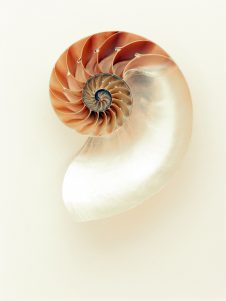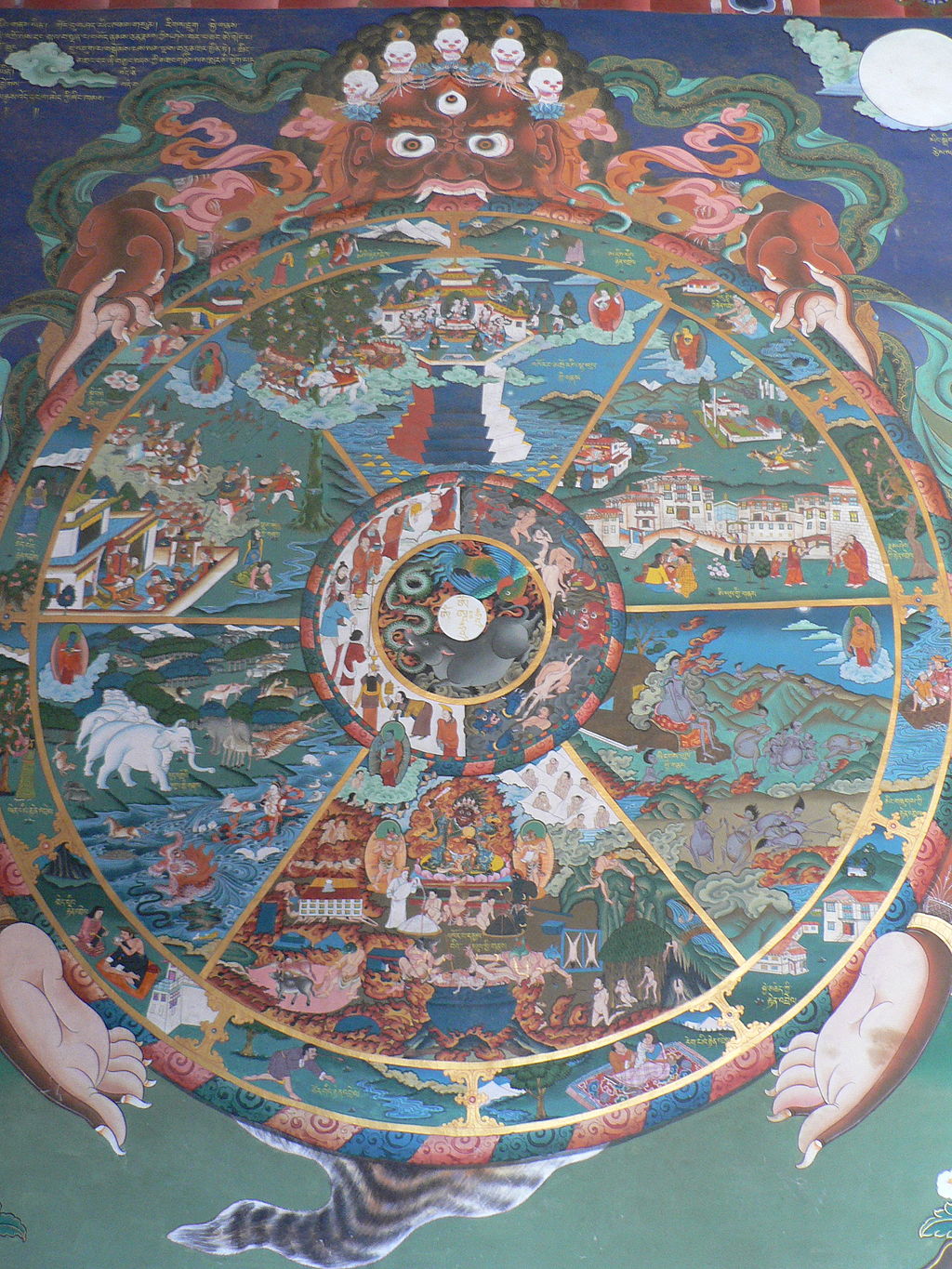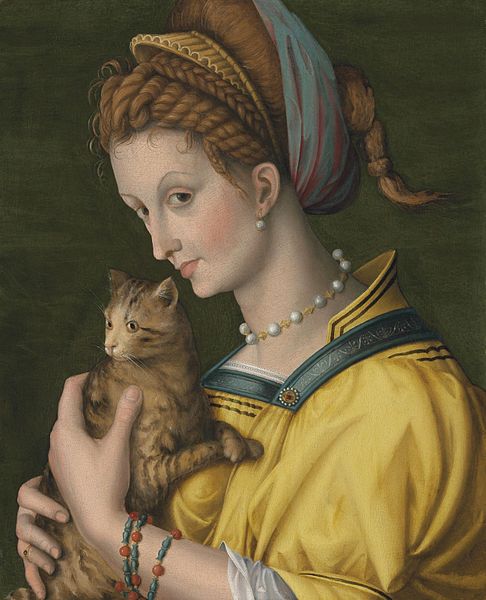Aesthetic Intelligence
Article By Sabine Leitner
 We have probably all heard about different types of intelligence: kinaesthetic, verbal, logical-mathematical and lately also emotional and even spiritual intelligence. Recently I came across the term aesthetic intelligence and it inspired me to think about what this could mean in a philosophical and metaphysical way and why it might be important.
We have probably all heard about different types of intelligence: kinaesthetic, verbal, logical-mathematical and lately also emotional and even spiritual intelligence. Recently I came across the term aesthetic intelligence and it inspired me to think about what this could mean in a philosophical and metaphysical way and why it might be important.
From a philosophical perspective, we could define intelligence as discernment, which is the ability to judge well and to recognise the subtle differences between similar things. Whether it is about arranging flowers in a vase, choosing between two wines, different interpretations of a piece of music, right and wrong or better and worse – we will always need discernment in order to judge the quality of something and to make a good decision. Discernment applies to all areas of our life – including the psychological, moral, aesthetic and spiritual. On a more metaphysical level, it enables us to separate the ephemeral from the transcendent and the lasting from the transient. So, if intelligence is discernment, then aesthetic intelligence would be the ability to perceive beauty not only in its ephemeral manifestations but also its transcendent essence.
Why should we develop our aesthetic intelligence? Because it will allow us to experience heightened states of consciousness; because it will help us to transcend the physical and material world and approach the realm of the archetypes; because it will enable us to love life more if we can perceive more of its beauty. In a world where so many people suffer from depression and lack of meaning, beauty can be a powerful medicine. People with less aesthetic intelligence live in a much more restricted world – it is almost as if they lived in a world of black and white, unable to see all the colours around them.
How can we increase our aesthetic intelligence? Firstly, we need to develop and deepen our perception of beauty. Every human being is endowed with the capacity to appreciate beauty, and any aspect of ourselves can be developed with time if we give our attention to it and practise. It is also important to widen the range of our experience of beauty. We all have aesthetic habits, which ultimately bind us to what we are already familiar with. If we always seek our experience of beauty in music, it might be useful to try to see it in poetry, or dance, or theatre, a different landscape or in our urban environment. We also need to allow beauty to really move us and penetrate us. The more we learn to integrate beauty into our lives, the more it will change us: it will alter the way we feel, think, act, relate and live our lives.
How can we learn to separate the transcendent beauty from its ephemeral manifestations? The best answer to this is given by Plato in his Symposium, where the priestess Diotima describes the ladder of beauty. It is possible, she says, to perceive beauty in itself, beyond any of its ephemeral manifestations. But to reach this goal, we have to learn to see it everywhere. First in the visible world of bodies and objects, then in the moral world of inner qualities, then in philosophical ideas and mathematical abstractions. Thus, our experience of seeing beauty in more and more subtle forms will lead us closer and closer to absolute beauty. It is significant that Plato gives a hierarchy to experiences of beauty. However, this does not mean that we should not give value to all genuine experiences of beauty, no matter how different they are from our own.
The experience of beauty often happens spontaneously and cannot be repeated: a sudden cloud formation, a ray of light illuminating a drop of rain on a leaf, the unselfconscious smile on a the face of another – these are moments where something deep within us is touched and fills us with delight. A few moments later and it is gone. We could almost compare it to a paranormal phenomenon: since it cannot be repeated in a laboratory with different types of people, it cannot be studied very well by science. Beauty leads us into areas beyond our systems of control. It cannot be defined, measured or possessed. In order to enter the mysterious land of beauty, we need to develop our own inner compass, in other words we need to develop our own aesthetic intelligence and not depend on what others say. We don’t have to like things just because everyone else likes them. The gradual discernment and appreciation of beauty is a good road to becoming authentic.
There is much more that could be said about aesthetic intelligence. But as a last point I would like to emphasize that all forms of discernment enable us to choose better. The ability to discern beauty will enable us to choose what is more beautiful; since the Beautiful, the True, the Just and the Good are all aspects of the same Divine Reality according to the ancient Greeks, it will enable us at the same time to choose what is right, what is just, what is ethical. In New Acropolis we emphasize the link between aesthetics and ethics, which was already recognised thousands of years ago throughout the philosophies of East and West. Beauty can be a reliable guide and point of reference for our life. If we live in harmony with its laws, our life will also be good and just and true.
Image Credits: By Pixabay | Pexels | CC BY PD
The entity posting this article assumes the responsibility that images used in this article have the requisite permissionsImage References
By Pixabay | Pexels | CC BY PD
Permissions required for the publishing of this article have been obtained




What do you think?